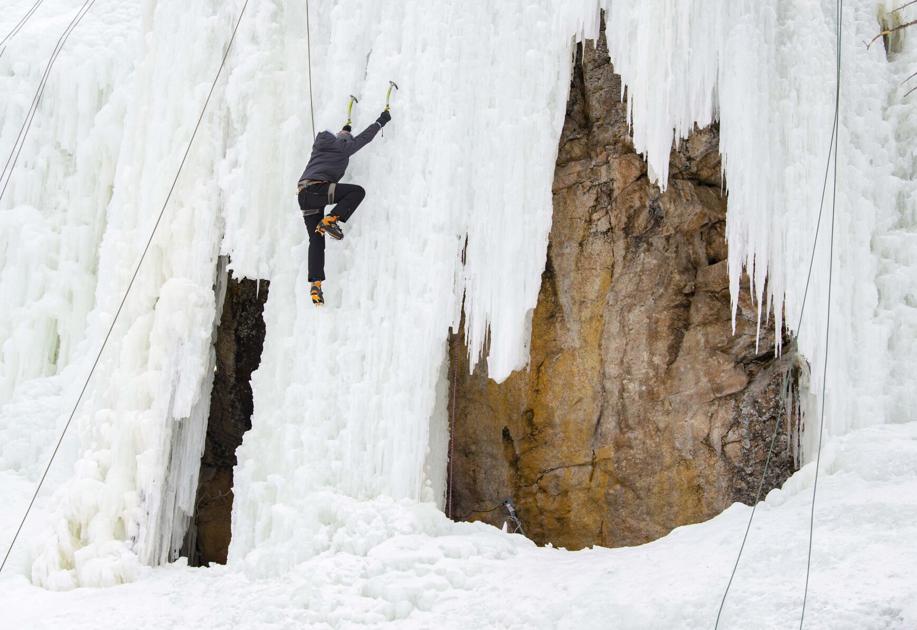To tour, or not to tour South Africa; that is the question exercising the people in charge of the British and Irish Lions. They have not been short of advice and whatever decision they make somebody is not going to be happy.
Everybody wants the tour to go ahead as planned, because for player and supporters alike it is unique. We now know that this is, at best, uncertain, and they are considering what follows. Can they tour without travelling fans, or could the series be played here?
Both options have advocates and critics, but any major departure from the Lions being a touring team would be highly contentious. The case against a home series is simple – it would not be a Lions tour if played at home. Players and supporters agree that it is the shared adventure that makes the Lions special. Speaking as a player, I have played for the two most famous multi-nation teams, the Lions and the Barbarians, and though each was hugely enjoyable, the extra dimension of travelling to distant lands sets the Lions apart.
The key to the Lions is to capture the strength of four nations and touring exposes strengths and weaknesses that are not touched by home Tests, however long a team spend in camp. Against this background, the character of each player becomes as important as his talent. Get it right and you get more than the sum of the parts. Get it wrong and the fault lines of nationality come squarely into focus. It was the Scots who were defining factors on both of my Lions tours. In Australia, in 1989, we came together after being thrashed in the first Test because Finlay Calder, the Lions captain, was brave enough to drop several of his countrymen. In turn, those dropped were strong enough to bear the decision without rancour and their support for the cause never wavered.
In New Zealand, in 1993, we fell apart and the Scottish front five, with the honourable exception of Kenny Milne, went walkabout, acting as if they were on a junior club tour. The disjointed atmosphere in that squad undermined an already arduous task, and it became impossible. Let me give you some, seemingly unimportant, examples of how the question of unity plays out. Flights, and endless coach trips, are a feature of Lions tours, and they can become a necessary, but laborious, task. However, some of my most cherished memories of the ’89 tour are of conversations I had on those long journeys.
I was absorbed by the analysis of Donal Lenihan, the Irish captain, as he gave me his views on the Troubles. He not only covered the effects on Irish rugby, he set out his thoughts on the political and social divisions. He told me that such were the divided feelings in the Irish camp, that neither side would agree to either The Soldier’s Song or God Save the Queen being played before games. Before one game they played The Rose of Tralee; a lovely song, but hardly one to inflame patriotic fervour.
He was the first person I heard to highlight the influence of organised crime behind the sectarian war. He, rightly, said that without dealing with that issue the attempts to find a political solution to the problem would be seriously impaired. It was a matter that was only eradicated several years after the Northern Ireland Agreement was signed.
On one coach ride Finlay Calder asked me if I had ever wanted to fight in the First World War. I recall his wonder when I replied: “Are you ——- mad?” His belief was that it was the ultimate test of camaraderie, and from that unusual exchange has grown one of my most treasured friendships.
Forwarding four years, I recollect speaking to Peter Winterbottom, the England flanker, on the bus to a training session in New Zealand. I had noticed that most of the players were sitting with players from their own countries. This was contrary to what happened in Australia and I asked him how he was getting along with the Scottish players, particularly those that were not performing. His blunt, Yorkshire response was: “I don’t know, I’ve not spoken to them. I’ve no respect for them, and I’ve nothing to say.” The reaction to tedium, to unfamiliar traditions, alien social settings and different cultural attitudes, reveals something about every player.
It is for moments like these that I believe the South Africa tour should go ahead if it can be done safely. Even playing behind closed doors, finances permitting, would retain something of the Lions’ essence. That will not please supporters, but the players’ perspective is more important. A home series should be the last resort and if it comes down to which option would make more money, they should choose to be poorer.

